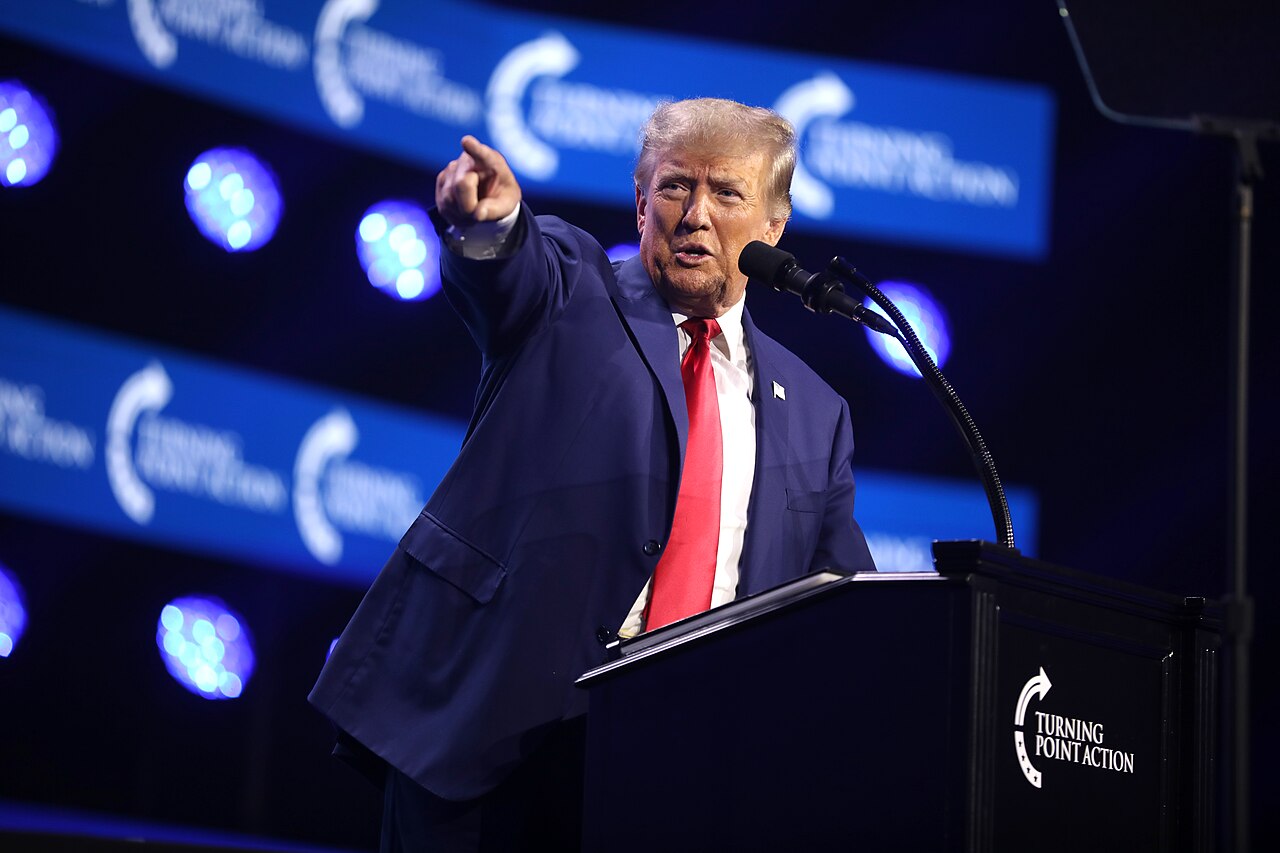The global response to climate change faced significant setbacks during Donald Trump’s first term, notably with the U.S. withdrawal from the Paris Agreement. While other nations, states, cities, and businesses worked to fill the void left by the U.S., experts worry that a second Trump term could do even more damage.
The fear is that Trump, who has long downplayed the severity of climate change, could further distance the U.S. from international efforts, potentially prompting other major polluters like China to reduce their own commitments. This, in turn, could cripple global efforts to limit global warming and curb emissions.
Experts like Stanford’s Rob Jackson, who heads the Global Carbon Project, stress that meaningful climate action requires participation from the U.S., China, and Europe. The planet is on track to surpass the critical 1.5°C warming threshold, which would have disastrous consequences for ecosystems and human societies.
The mounting frequency of extreme weather events, such as wildfires and hurricanes, underscores the urgency of addressing climate change. Figures like Laurence Tubiana, who helped negotiate the 2015 Paris Agreement, have warned that a second Trump presidency could set back climate progress significantly, even if the Paris Agreement itself remains resilient.
Looking ahead, the U.N. climate negotiations set to take place in Baku, Azerbaijan, will be a key moment in testing the strength of global climate cooperation. In 2017, when Trump first announced the U.S. withdrawal from the Paris Agreement, no other nation followed suit.

This led to the rise of movements like “We Are Still In,” which saw businesses, governors, and local governments in the U.S. commit to climate action despite federal inaction. However, experts like Alden Meyer suggest that a more extreme step, such as the U.S. withdrawing from the 1992 Rio Conventions and the U.N. climate framework, could leave the U.S. permanently sidelined from global climate discussions.
The U.S. has committed to submitting a new, ambitious climate plan under the Paris Agreement, but experts fear that a second Trump administration would undermine this commitment. The lack of continuity in U.S. climate policy, with one administration pulling the country out of agreements and the next rejoining, frustrates international partners and weakens the U.S.’s credibility.
The frequent policy shifts create a sense of instability, with many countries growing tired of the U.S.’s “flip-flopping” on climate issues, as noted by climate analyst Alden Meyer. This could ultimately harm the global consensus needed to tackle climate change effectively.
Despite these concerns, some remain optimistic about the future of global climate action. Christiana Figueres, former U.N. climate chief, points to the continued efforts on the ground by local governments, businesses, and non-governmental actors, which remain resilient in the face of political obstacles.
Though a second Trump term could complicate international negotiations, the ongoing action at the grassroots level offers a glimmer of hope. In the end, many experts believe that global momentum, driven by countries and actors outside the U.S., will continue to push forward, even without American leadership.


